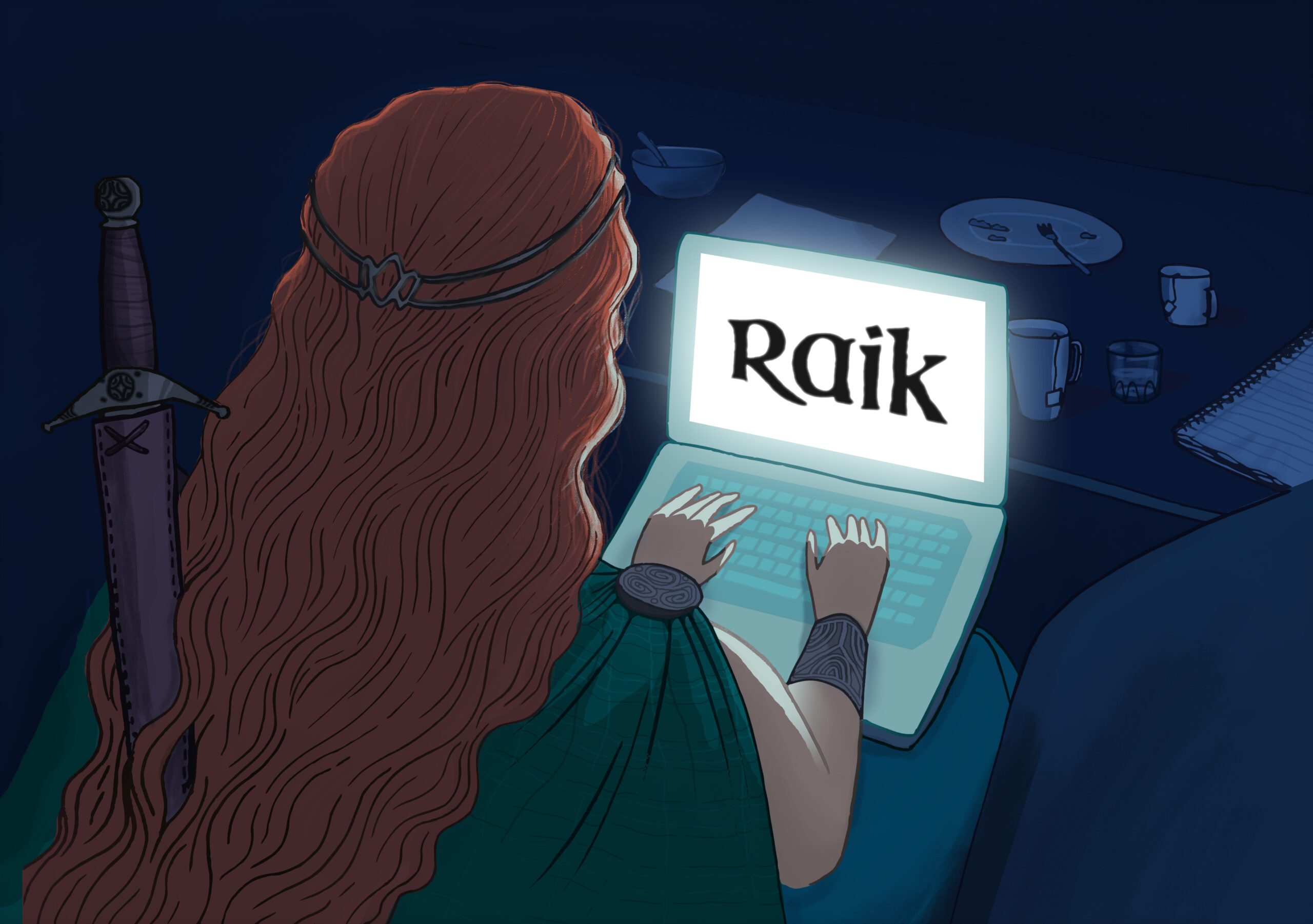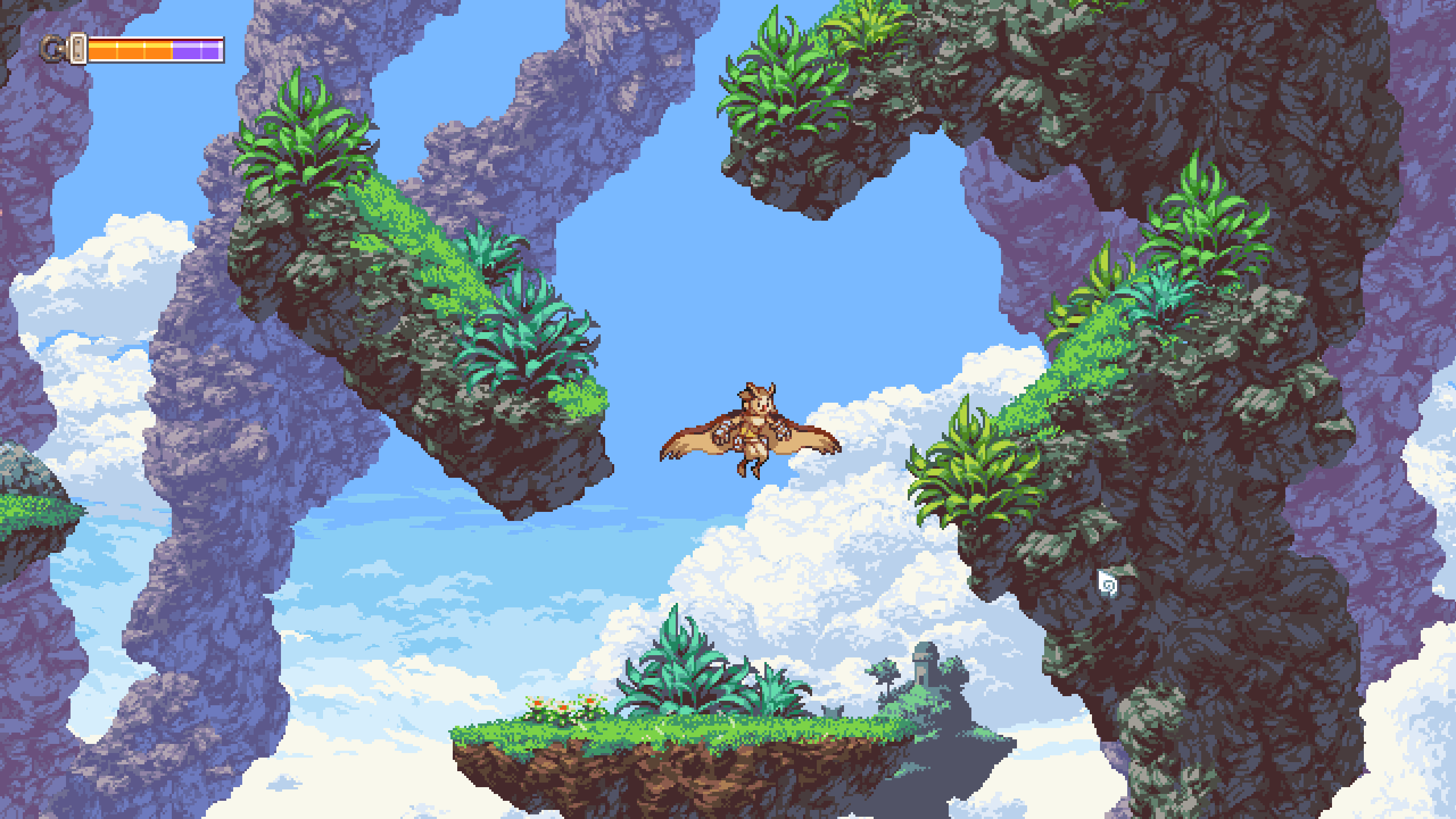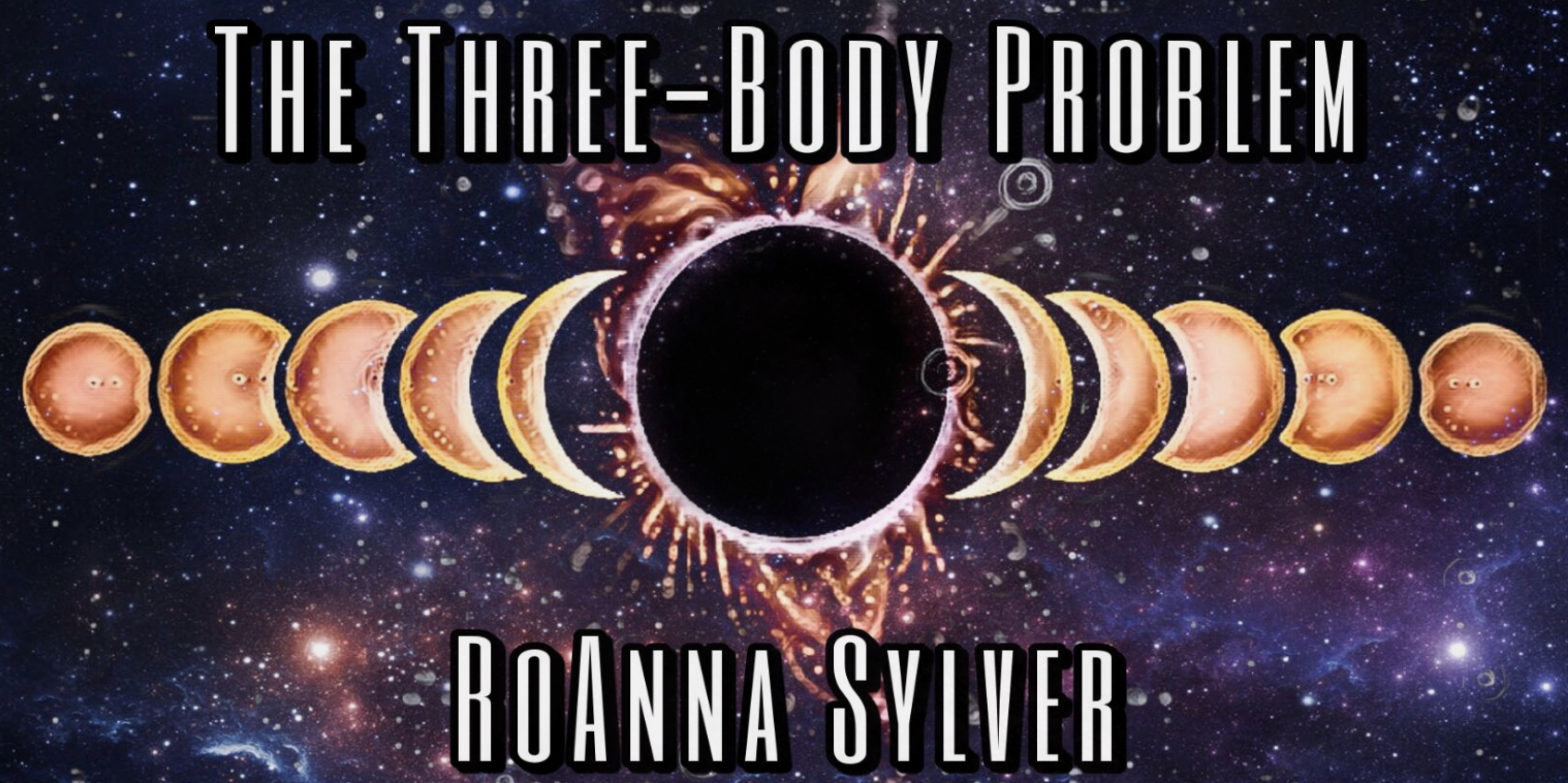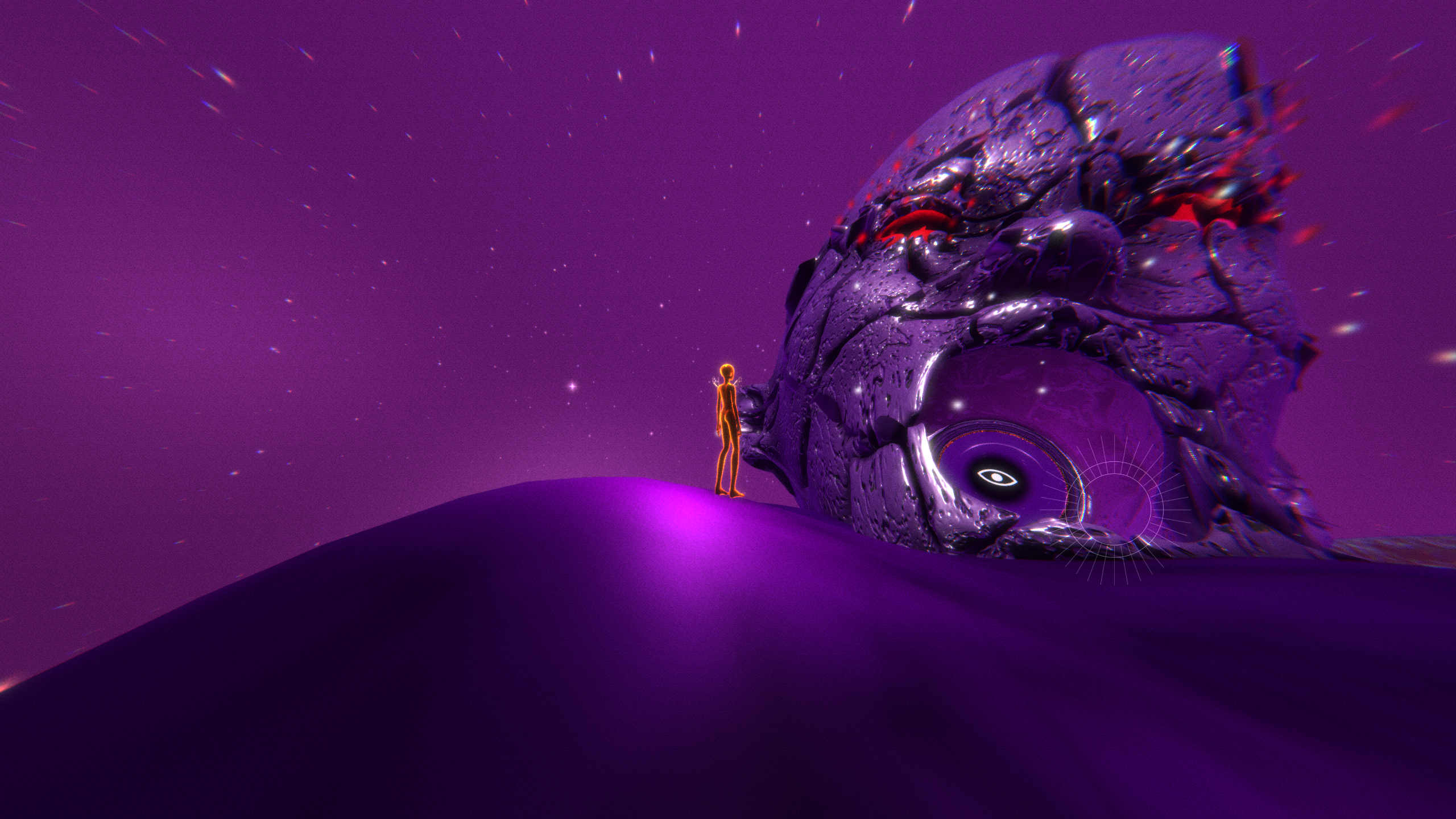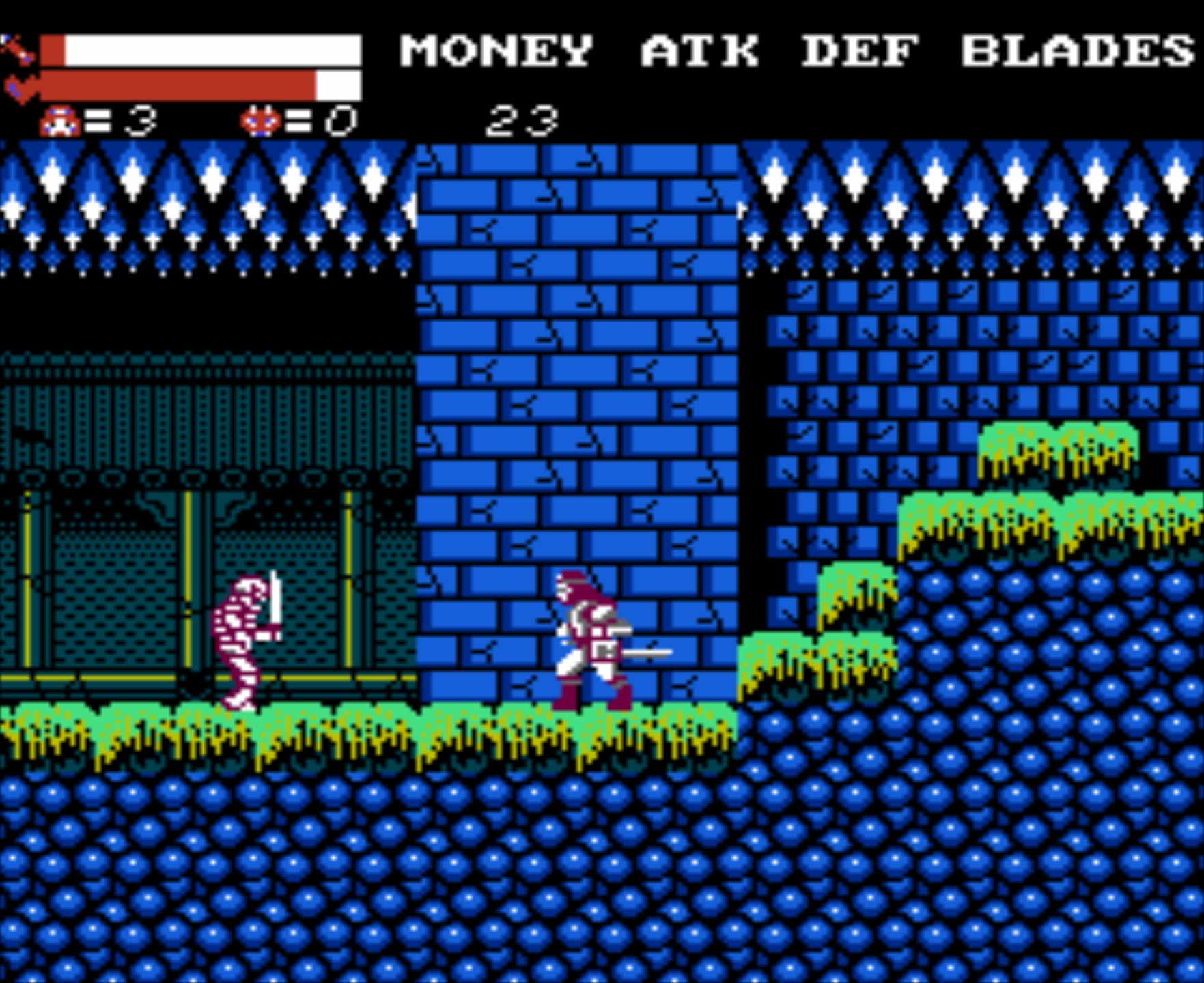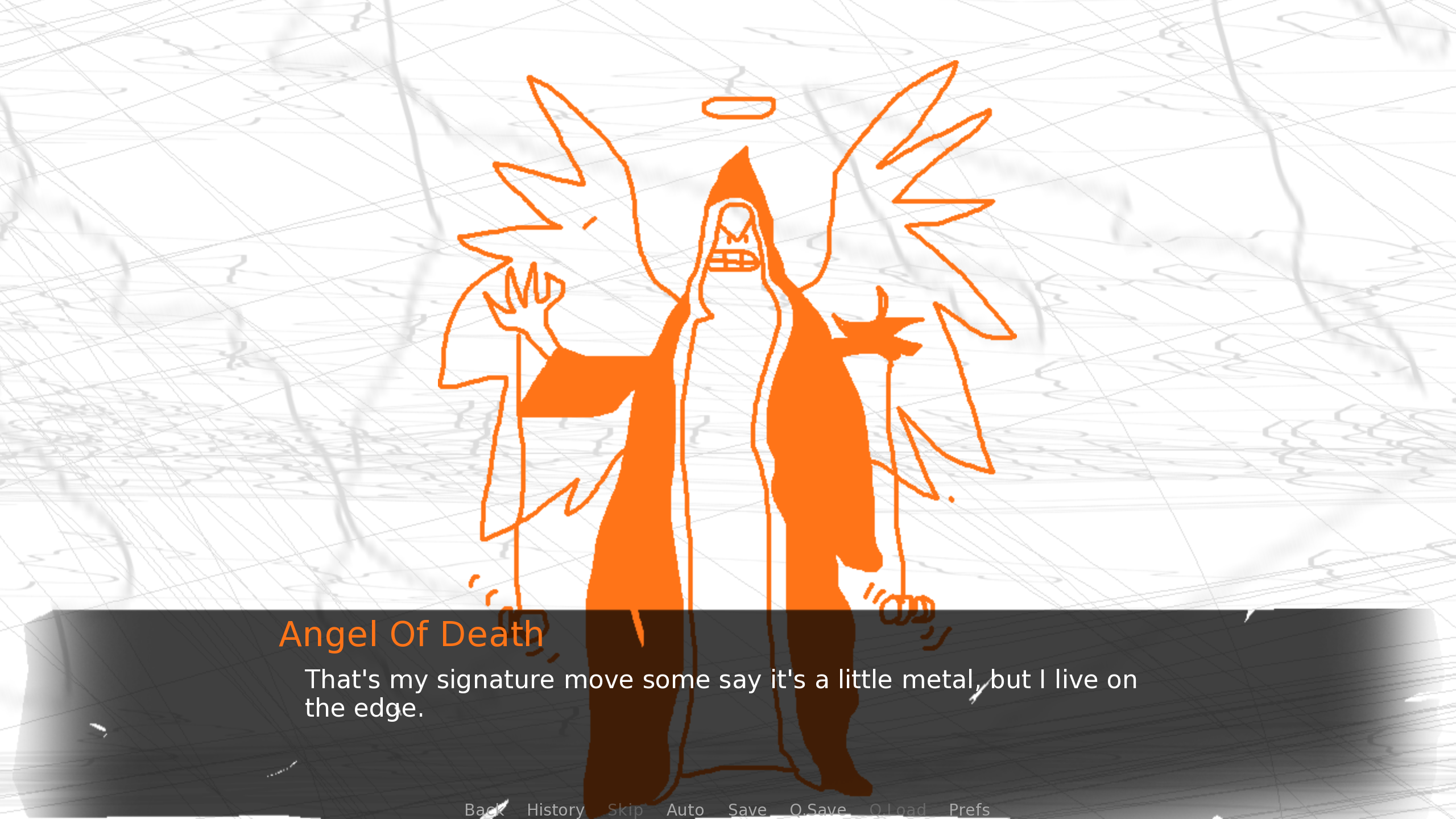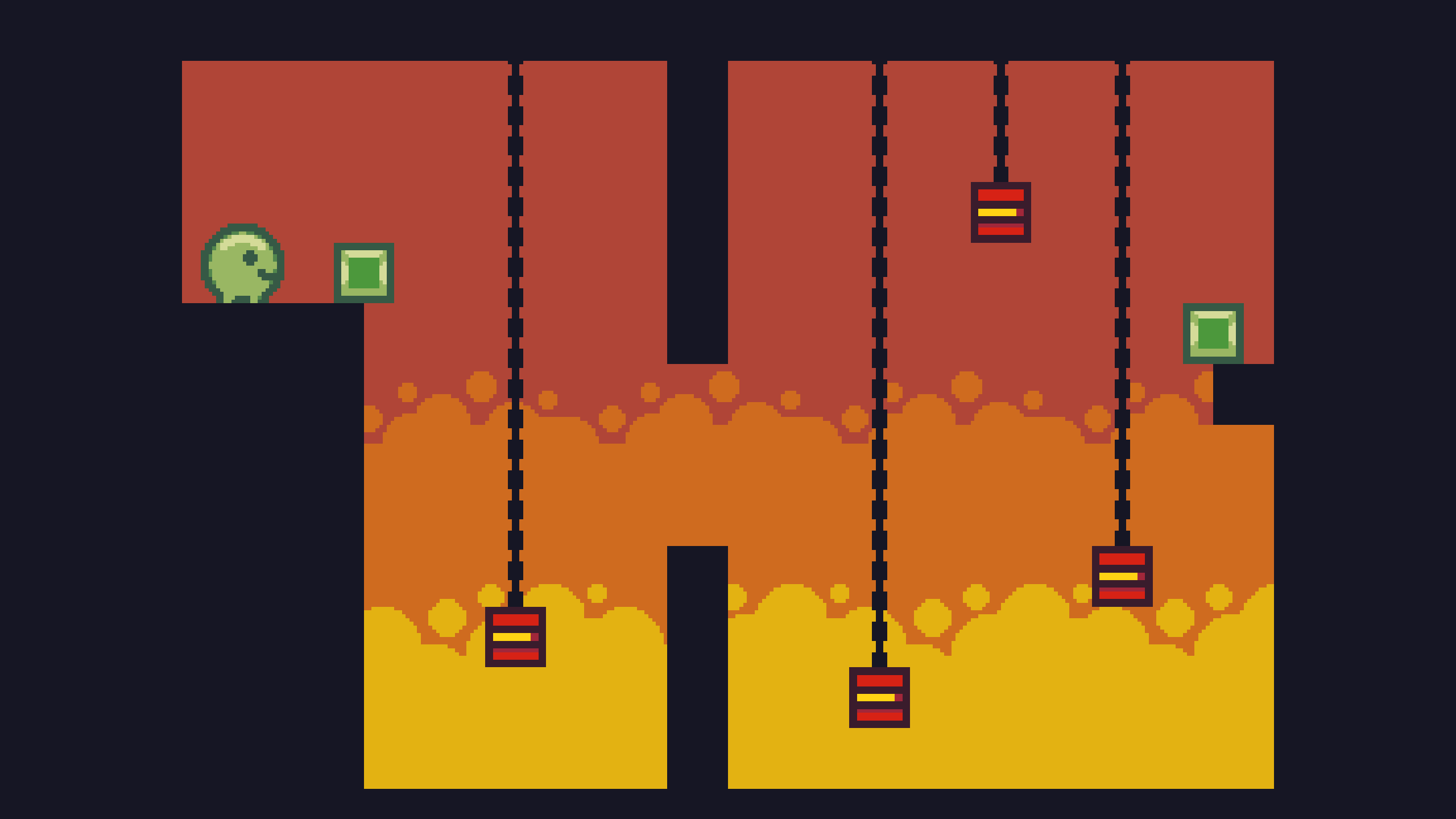Other History Lessons posts can be found here. If you’re looking specifically for console games, those are here. As always, you may click on images to view larger versions.
I’m on another detour from my nominal timeline for this series. The farthest we’ve reached is January 1989, with Clash at Demonhead. But when searching for a translation patch for the game to follow it in the timeline, I found some interesting games translated by the same team at Nebulous Translations that I didn’t have in my list. So I’m going back to play a few. The first was Getsu Fuuma Den, released back in July 1987. Now we’re jumping to May 1988, when Arsys Software released Star Cruiser for Japanese home computer systems. That places it between Ys II and Lord of the Sword in my timeline. Given the focus on consoles for this series, however — and because it’s the version with the translation patch — I played the port for Sega’s Mega Drive console, which appeared on January 21, 1990, and was handled by Masaya Games.
Star Cruiser caught my eye because it’s described as an action role-playing game combined with a first-person shooter, and, well… first-person shooters didn’t exist yet in 1988. There were a few early games on mainframes in the 1970s and 1980s, and the 1980 arcade game Battlezone might qualify, but most consider the first “true” first-person shooter to be Wolfenstein 3D in 1992. Star Cruiser seemed to do a lot of the same things, four years earlier. It even got a console port several years before Wolfenstein 3D released, which is extra surprising because consoles generally didn’t have first-person shooter games, at least not until Turok: Dinosaur Hunter and Goldeneye 007 for the Nintendo 64 in 1997. I was curious to see what Star Cruiser is like to play.



